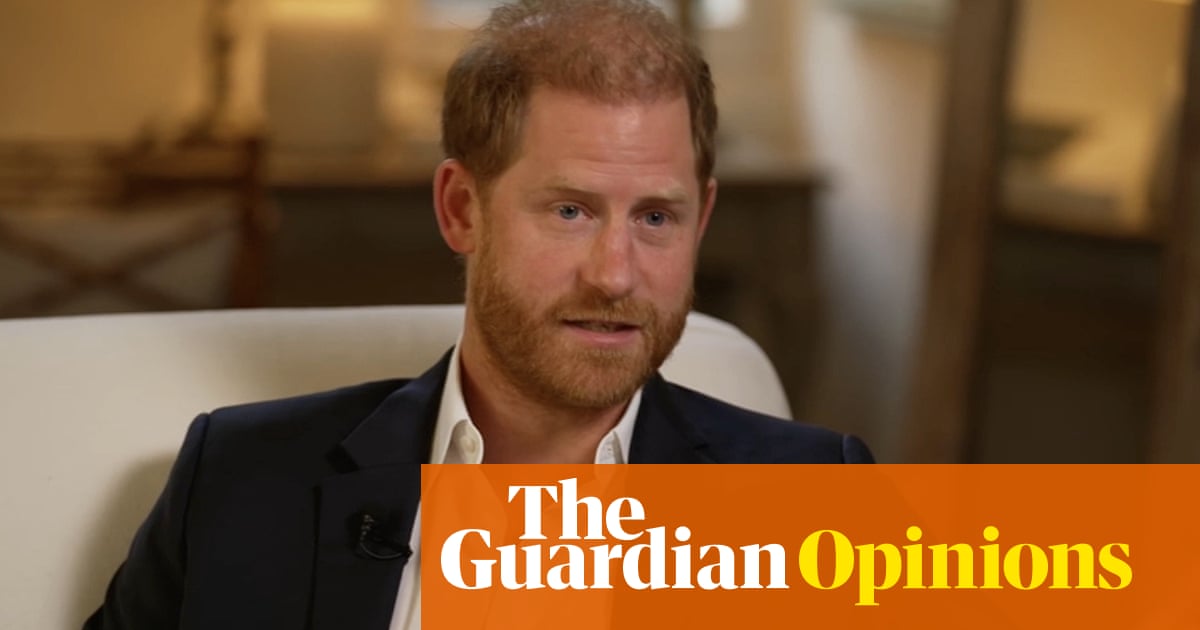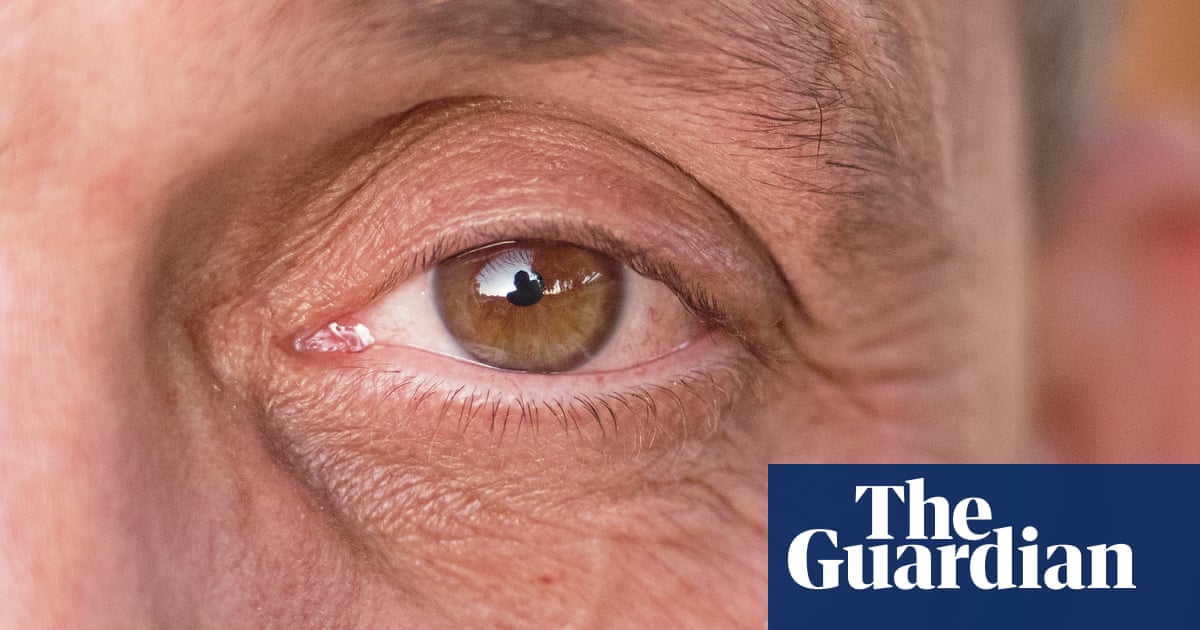Does hosting an Olympics really improve our wellbeing? If so, by how much - and for how long? Are we really happier when Team GB win gold medals? And are the lofty claims of politicians that London 2012 would make us healthier born out by the facts?
While the mayor of London, Sadiq Khan, was banging the drum for the capital hosting the Olympics in 2040 last week, academics at the LSE, Harvard and in Germany were answering these questions – and quietly busting a few myths about the legacy of 2012.
The starting point of their gold-plated research was a mammoth series of more than 26,000 interviews with residents of London, Paris and Berlin during the summers of 2011, 2012 and 2013. Not only did they know things like everyone’s education level, marital status and income but, crucially, whether they exercised and how happy they felt, and how all this changed over time.
For their latest paper, Passing on the flame: Do mega sports events promote health behaviours? they focused on whether the Olympics encouraged London residents to exercise more. And, if so, did it stick?
The answers? A little. And a chastening no.
There was, the academics found, an increase in physical activity by six percentage points among the most inactive people in London – the 34% of residents who didn’t usually exercise at all. Perhaps more surprisingly, there was also less alcohol and tobacco consumed by Londoners during the Games.
However, there was a kicker: within 100 days of the Olympic flame being put out, all that good stuff had disappeared. “We always hear these grand claims from politicians about how the Olympics has a lasting impact on healthy behaviours, but this does not hold up to reality,” Dr Christian Krekel of the London School of Economics said. “Our research shows that London 2012 nudged some previously inactive people to engage in physical activity. But once the event ends, it fades quite quickly.”
Krekel, who also advises governments on how to use wellbeing data for policy analysis, wasn’t surprised. “Even with financial incentives, it is hard to get people to become physically active,” he said. “Even when you pay people to go to the gym, it works for a while, but then the numbers return to the baseline.”
So what else have we learned from this treasure trove of data? First, that the Olympics really does improve people’s perceptions of their life satisfaction – and not just in the host city.
Intriguingly, people’s wellbeing during the 2012 Games all went up in London, Berlin and Paris compared to the previous year. However, in London it climbed by an entire point on the Likert scale – which is used to measure attitudes or beliefs – from 6.3 to 7.3 after the opening ceremony. While in Berlin it rose by 0.3 and Paris 0.1 points.

The increase in satisfaction was broadly similar regardless of sex or age, but tended to be higher among higher-income households. However once again the effects wore off fast.
“In terms of potential ‘legacy’ effects, we find that the intangible impact of the Olympics appears to be short-lived,” the researchers noted. “While the effects are especially strong around the opening and closing ceremonies, we do not find strong evidence of lasting changes in subjective well-being in the host city one year after the event.”
after newsletter promotion
What about the idea that winning medals can lift a nation’s mood? Alas, that doesn’t seem to be the case with researchers finding “little evidence” that people in the three European capitals were happier the day after Team GB, France and Germany achieved glory.
“The ‘happiness dividend’ appears to be a function of hosting per se and not a function of sporting success measured by gold medals won,” they add.
There is, of course, an entirely reasonable counter-argument. Would the government have pumped so much investment into the regeneration of East London without Britain hosting the Games? Probably not. A couple of years ago, Sir Craig Reedie, a member of the London organising committee, also told me that 135,000 new jobs had been created in the area in a decade.
For those of us who love sport, the summer of 2012 was also a fantastic joyride. The fact that people’s happiness went up across London, Paris, Berlin during those Games also suggests that the Olympics is a global public good that has positive spillover effects beyond whatever country is hosting it.
However, whenever politicians dangle the possibility of a fresh Olympic bid they should also be honest. The Games won’t lead to huge economic benefits. The bill for London 2012, for instance, came in at £9bn – three times more than envisaged. And, as this new research shows, the “intangible” benefits of legacy, such as making us feel better for longer, don’t really stand up to scrutiny either.
Meanwhile whatever Khan says about backing a bid for London 2040, it is almost certainly not going to happen. Most insiders I spoke to last week expect India to get the 2036 Games, while Saudi Arabia are strong favourites for 2040. Quietly, they concede, 2044 or even 2048 is more realistic.
Incidentally, India’s prime minister Narendra Modi is already promising that if his country wins the 2036 Games it will lead to a surge in tourism, provide long-term economic benefits, and India harnessing the power of sport to create a healthier nation. It is an alluring and familiar tune. But history tells us it might sound rather more discordant in the future.

.png) 8 hours ago
7
8 hours ago
7













































